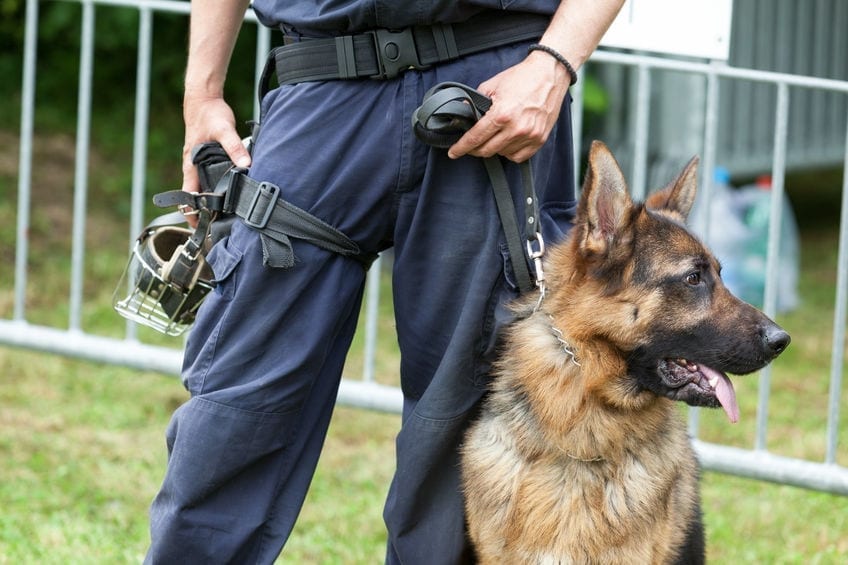Your Rights against Search and Seizure on IL Public Transportation
If a police officer comes to your home to interview you, he or she may ask to enter and conduct a search.
Legally, you have the right to say no unless the officer has a search warrant or has reason to believe that you are harboring a suspect they are immediately pursuing. You can and should exercise this right, even if you feel that you have nothing to hide.
You have this right because law enforcement officers may only search your person or property if there is reasonable suspicion that you have committed a crime, or if they have obtained a search warrant from a judge. These are a part of your Fourth Amendment Rights.
However, the Fourth Amendment does have limitations.
For example, under some circumstances you can be searched while using transit systems funded by US tax dollars. However, the circumstances of the search become very important here. In some situations, it may still be possible to use the Fourth Amendment as a defense strategy for anything found on your person in such a search.
Below, we’re going to discuss the circumstances under which a police officer is allowed to search you on public transit in Illinois – and when you have the right to refuse a search.
When Is a Search on Chicago Public Transportation Lawful?
Officers have the right to search you when they have probable cause to suspect you of a crime. Most commonly, search and seizures are related to drug crimes, so we’ll cover specific examples pertaining drug crimes here.
Probable cause for a drug search on public transportation includes, but is not limited to:
- Drugs or drug paraphernalia in plain sight
- Strong odor of drugs (for example, marijuana)
- Disruptive behavior that suggests you may be intoxicated
What about drug dogs?
You have probably noticed drug-sniffing dogs in Chicago airports and public transit stations. Drug dogs can be routinely brought into these locations, even if officers do not suspect a specific person of a drug crime.
Should the drug dog alert to your person, this would be considered probable cause for a search. In this context, anything illegal found on your person can be used as evidence for a drug crime or other offense.
However, once a train or bus is in motion, it cannot be stopped by officers with drug-sniffing dogs. Delaying any vehicle on unreasonable suspicion violates the Fourth Amendment. If you are caught after the vehicle is in motion, it may be possible to throw out any evidence resulting from what would be an unlawful search and seizure.
How Search and Seizure Laws Can Impact Your Chicago Drug Charge
If the evidence against you for a drug crime or other offense was obtained using an unlawful search and seizure, it is not admissible as evidence in court.
In the case of drug crimes, the substance in question is generally the primary evidence used to prosecute and sentence the offense. If you can prove that the drugs were obtained as the result of an illegal search and seizure, your case will likely be thrown out.
It’s also important to note that private security personnel have more rights than law enforcement to conduct a search and seizure. For example, a mall cop is allowed to search your purse for stolen items as you leave a store, even if there is no probable cause. Further, if security personnel uncover evidence of a criminal offense, they are able to turn this evidence over to police and it will be admissible in a court of law.

The most important bullet points here are:
- You can only be searched by a police officer on public transit if there is probable cause to suspect you of a crime.
- Any evidence obtained in an unlawful search cannot be used against you.
However, determining whether a search was unlawful is often nuanced, and requires the help of a knowledgeable legal professional. This is where a skilled Chicago criminal defense attorney comes into play.
About the Author:
Andrew M. Weisberg is a former felony prosecutor who now serves as a defense attorney in the greater Chicago area. He has extensive experience in handling all types of criminal cases, from sex offenses and domestic violence to retail theft-related crimes, murder, and drug crimes.







 Blog Home
Blog Home 










